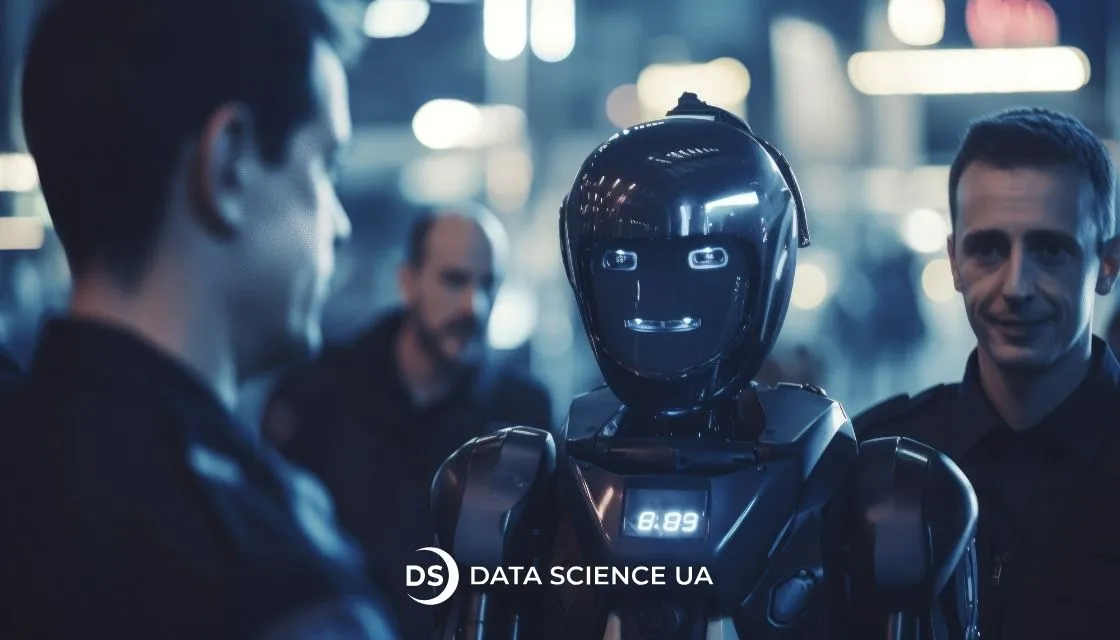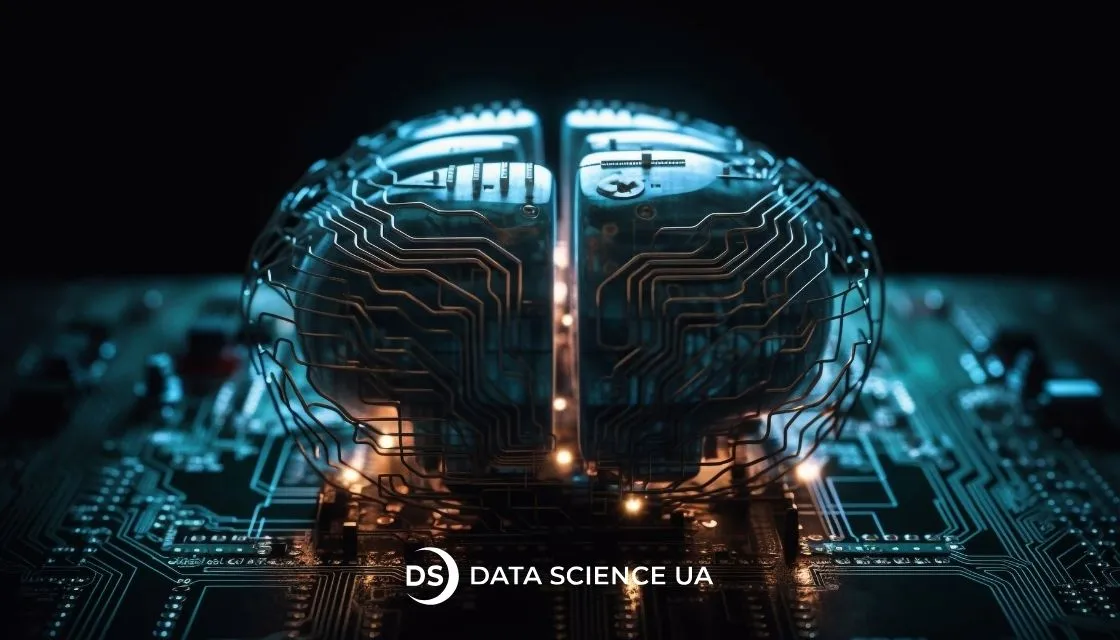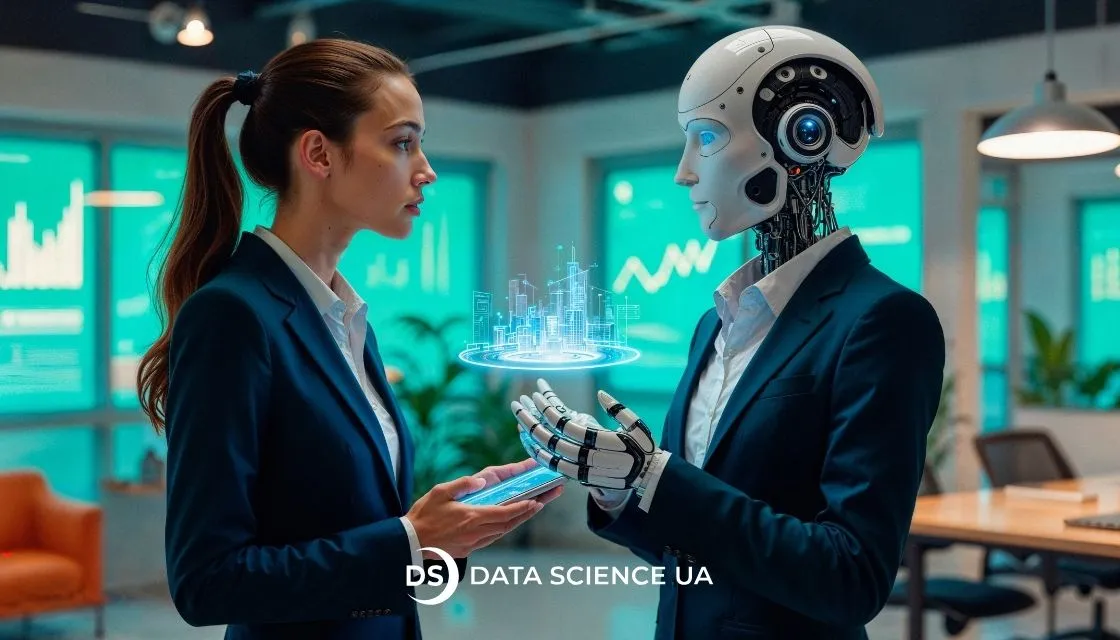Machine Learning in the automotive industry: Driving innovation and safety
Fast-paced improvements in machine learning in the automotive industry technologies are therefore bringing about a lot of change in this sector. The automotive industry has been improving vehicle safety and manufacturing processes due to the impact of machine learning. Machine learning in automotive has transformed the design, manufacture, and usage of vehicles. Therefore, the paper tries to discuss some key benefits, challenges, applications, and future trends, alongside related examples of the leading companies in the domain.
Key Benefits of Machine Learning in Automotive
Machine learning automotive brings a full bunch of benefits to the automotive industry, ushering in vehicles that are much safer, efficient, and customer-centric. To dive into the world of these endless possibilities, consider ml development services.
Better Vehicle Safety
One of the most attractive advantages of machine learning in automotive is increased vehicle safety. Machine learning programs can analyze tons of data coming from various sensors and cameras in vehicles. For instance, Tesla uses advanced driver-assistance systems (ADAS) that utilize machine learning to detect obstacles, monitor driver behavior, and prevent accidents. Tesla’s Autopilot system takes real-time data to help the vehicle identify the signs, lane markings, and other cars on the road and dramatically reduces the chances of an accident. The more miles it has learned from, the better the accuracy and performance the system delivers—tens of millions of miles thus far.
Finally, in the domain of fully autonomous vehicles, companies like Waymo pioneer. In addition, through machine learning, fully autonomous cars under Waymo have highly developed sensors and software that assist them in acting promptly according to the situations around them. This ability increases not just the safety of the passengers but might also significantly reduce rates of traffic accidents.
 Image from Pexels (source)
Image from Pexels (source)
Improved Efficiency and Performance
The efficiency and performance of the vehicles are also improved with the help of machine learning in automotive. It would analyze real-time data and allow manufacturers to optimize everything related to engine performance, fuel consumption, and overall vehicle dynamics. In its Intelligent Personal Assistant, BMW uses machine learning to learn driver preferences and adjust settings such as climate control and navigation routes to enhance the driving experience. This personalization will improve comfort but also maximize efficiency by adapting to individual needs.
Cost Reduction in Manufacturing
Integrating machine learning into the manufacturing process can increase efficiency and significantly reduce costs. Predictive analytics can identify potential equipment failures before they even occur, reducing downtime and saving on maintenance costs. Ford uses machine learning to gain insight into production data with optimized assembly line operations and less waste. This allows Ford to anticipate the failure of machinery and make early scheduling of maintenance to lower the cost and increase productivity.
General Motors has also adopted machine learning in its effort to slim down its manufacturing processes. The company deploys analytics to track equipment performance in its factories, and it can identify weaknesses and impending breakdowns.
Better Customer Experience
Machine learning enhances customer experience through the personalization of services and features. As an example, automakers can leverage ML algorithms to analyze customer data and preferences for personalized recommendations on vehicle features, maintenance schedules, and even financing options. Mercedes-Benz utilizes machine learning to craft personalized in-car experiences, making sure that drivers receive the most relevant information and data engineering consulting services based on their preferences and habits.
Promoting Sustainability in the Industry
Sustainability is gaining more and more attention in the automotive sector. Machine learning can contribute much to this aim. ML helps minimize the negative environmental impact of car production by optimizing supply chains, demand forecasting, and resource use. Applying machine learning to battery management systems in electric vehicles, Toyota improves energy efficiency and prolongs battery life, hence all for sustainability.
Besides, Volkswagen uses machine learning to further enhance its production processes in electric vehicles. VW can optimize material use and reduce waste by analyzing data from production lines and supply chains, thus contributing to more sustainable manufacturing.
 Image from Pexels (source)
Image from Pexels (source)
Challenges in Implementing Machine Learning in Automotive
Though machine learning offers a lot of advantages, there are challenges to be faced by the automotive industry.
Data Privacy and Security Concerns
As vehicles become connected with more and more devices, the amount of information generated grows exponentially. This increases vital risks regarding data privacy and security. The manufacturers must not allow customer data to leak or be accessed unauthorizedly. The key to gaining consumer trust would indeed be robust cybersecurity measures.
For instance, Nissan has invested a fortune in cybersecurity measures to protect its connected vehicles. By deploying advanced encryption and secure data protocols, Nissan intends to protect customer information while delivering innovative connected services.
High Costs of Development and Implementation
Machine learning solution development and deployment are expensive to develop. From technology acquisition to skilled personnel, the initial investment in ML is high. Smaller manufacturers may not be in a position to invest in ML initiatives, which creates inequality in technology adoption across the industry.
Offsetting these costs, many companies have taken the strategy of partnering with technology companies specializing in machine learning. These will enable auto companies to reduce internal workloads and even split some development costs, hence faster introduction of new applications.
Regulatory and Ethical Issues
The integration of machine learning in automotive applications is also raising regulatory and ethical questions. As vehicles continue to become more autonomous, issues of liability in the event of accidents and the ethical implications of decision-making algorithms are major concerns. Policymakers have to work with industry leaders in establishing clear regulations that address such concerns.
For example, Uber was under extreme scrutiny regarding its testing of autonomous vehicles after a fatality occurred with one of its self-driving cars. This accident underpinned the need for comprehensive regulatory frameworks that would control both testing and deployment to ensure safety and accountability.
Integration with Legacy Systems
Most of the automotive manufacturers are still dependent on legacy systems for their operations. Integrating these with machine learning solutions is complex and time-consuming. The companies need to invest in modernizing the infrastructure to tap into the real potential of machine learning technologies.
Ford is aggressively upgrading its IT infrastructure to accommodate machine learning technologies. As Ford shifts to the cloud, the company hopes that data will become more accessible and its machine learning processes more efficient.
Top Applications of Machine Learning in Automotive
Machine learning finds its application in many areas in the automotive industry for the betterment of vehicle technology.
Autonomous Driving Technology
Arguably, the most exciting development in automotive engineering, autonomous driving technology is highly dependent on the power of machine learning algorithms to make its way through complex environments. Waymo, a subsidiary of Alphabet Inc., is working to engineer self-driving cars that learn from large data so that they can make good decisions on the road. It equips its vehicles with sophisticated sensors and ML algorithms that allow them to run safely in dynamic urban environments. Waymo does both real-world driving and simulated scenarios continuously, refining its algorithms for better performance.
Advanced Driver-Assistance Systems (ADAS)
Features like adaptive cruise control and lane-keeping assistance make use of machine learning in ADAS to improve driver safety. Nissan has implemented ML in its ProPILOT Assist system, which helps drivers maintain speed and distance from other vehicles while providing light steering support. This reduces the chances of an accident and improves comfort while driving. Other manufacturers, such as Subaru, have also implemented similar systems, using machine learning to enhance their EyeSight technology for better collision avoidance.
Predictive Vehicle Maintenance
Machine learning thus allows for predictive maintenance to be able to analyze data on vehicle performance to predict fault issues. General Motors uses ML algorithms that monitor the performance of a vehicle’s engine and, when necessary, notify the driver when maintenance is required. This early warning helps to prevent costly repairs. Hyundai has also begun deploying predictive maintenance solutions that use data & analytics services to optimize service schedules, improving customer satisfaction.
Smarter Traffic Flow
Cities are using machine learning more and more these days to optimize traffic flow. Cities can adjust the flow of traffic through changes in traffic signals and routes when they use real-time traffic data analysis. IBM’s Intelligent Transportation Solutions employ machine learning to analyze patterns in traffic and, thus, enable congestion management in cities while providing better mobility. The results go a long way in enhancing driving experience and helping attain lower emissions by reduced times of idling.
Supply Chain and Manufacturing Optimization
Machine learning in logistics optimizes supply chain by demand and inventory management. Audi applies ML to smoothen their manufacturing pipeline by aligning production with the exact market requirements, thus minimizing wastage. This results in greater efficiency and lower costs. Machine learning has also been used at BMW to improve its logistics and supply chain management, ensuring timely delivery of components and reducing lead times.
Energy Management in Electric Vehicles
Machine learning algorithms in electric vehicles optimize energy use by considering driving and environmental factors. Tesla’s energy management system tweaks battery usage based on predictive analytics to maximize range, efficiency, and performance. Rivian, another electric vehicle maker, uses machine learning to manage battery performance and increase driving range for its vehicles under varied conditions.
Crash Prediction and Safety Enhancements
It will analyze the driving behavior and environmental factors to predict potential crash scenarios by using machine learning algorithms. Machine learning at Volvo helps in enhancing various in-car safety features, such as automatic emergency braking and collision avoidance systems, ultimately contributing toward the safety of drivers and passengers. This will enable timely interventions that could save lives and reduce the severity of injuries in accidents.
Market Analysis and Customer Behavior Prediction
The manufacturers are now using machine learning to understand market trends and customer preferences. Ford uses machine learning to forecast the demand of their vehicles, hence aligning production and marketing strategies with the demands of customers. Further, companies like Toyota use machine learning on customer feedback and social media trends to fine-tune product offerings and marketing campaigns.
 Image from Pexels (source)
Image from Pexels (source)
Future Trends in Machine Learning for the Automotive Sector
With the continuous development of technology, a number of trends are seen to shape the future of machine learning in the automotive industry. The increased collaboration between automakers and technology companies will drive innovation, thus paving the way for more sophisticated and integrated systems. Furthermore, 5G technology will also improve vehicle connectivity, enabling the sharing of data in real time and improving various machine learning applications.
Increased Testing of Autonomous Vehicles
We will see huge testing and deployment of autonomous cars in the near future, as these machine learning algorithms get fine-tuned. Companies such as Cruise and Aurora are already pushing boundaries to make autonomous transportation technology safer and more efficient using machine learning. And all this would become a reality with 5G integration that will enhance their capacity to communicate with one another and infrastructure in real time.
Improved User Experience Through AI
In the future, automotive technology will increase its focus on improving user experience through the use of artificial intelligence and machine learning. As more and more vehicles become connected, the ability to create personalized in-car experiences will become increasingly important. Expect to see advanced voice recognition systems, tailored navigation suggestions, and adaptive infotainment systems that learn from user behavior.
Integration of Edge Computing
Integration of edge computing into automotive applications will help perform data processing closer to the vehicle in real-time. In this regard, the integration will certainly enhance the application of machine learning algorithms toward enabling autonomous driving, predictive maintenance, and personalization in-cabin. With the image processing services, vehicles will have a greater possibility to quickly respond to varying conditions while keeping safety and efficiency improved.
Final Thoughts
Machine learning in automotive industry is driving innovation and enhancing safety across the board. Though there are still challenges ahead, the potential benefits far outweigh the obstacles. As manufacturers continue to embrace machine learning technologies, the future of automotive transportation looks bright, with safer and more efficient vehicles on the horizon.
FAQ
How is machine learning used to improve vehicle safety?
Machine learning in automotive industry helps improve vehicle safety by means of ADAS, which relies on real-time data analysis to detect obstacles, monitor driving conditions, and even prevent accidents.
How does ML apply to ADAS?
The machine learning algorithms behind the ADAS process information received from sensors and cameras and relay real-time feedback to drivers in order to make such systems as lane-keeping assistance or adaptive cruise control possible.
How does machine learning help with sustainability in the automotive industry?
The role of automotive machine learning helps contribute to sustainability in manifold ways: optimization of production processes, waste reduction, and energy efficiency in electric vehicles-all these make automotive production much in tune with the environment.





